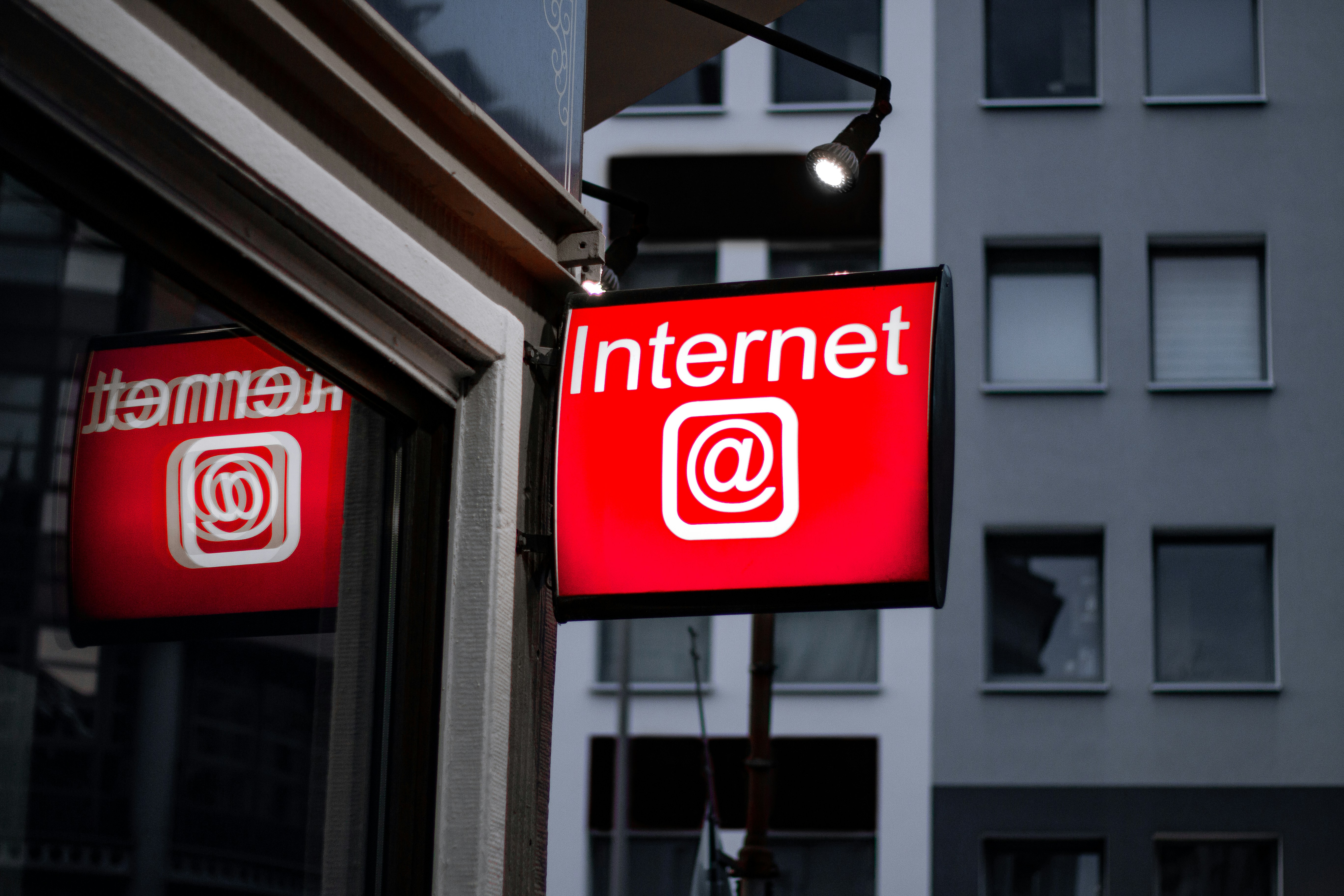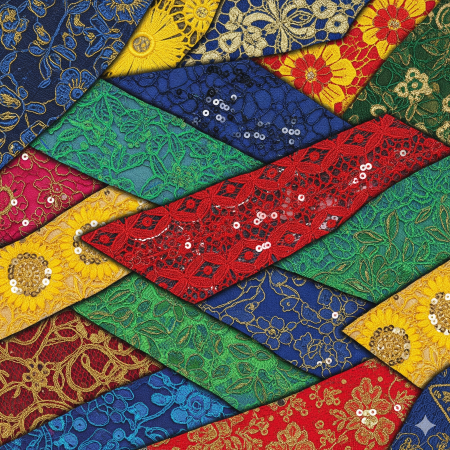8 Nigerian Cities with the fastest internet

In a country where slow internet has long been the punchline of frustration, a quiet digital revolution is reshaping the Nigerian online experience—city by city, byte by byte. While the national average still lags behind global benchmarks, several Nigerian urban centers are now sprinting ahead, boosted by fierce ISP competition, strategic infrastructure investment, and a tech-savvy population hungry for speed.
The rankings and performance metrics in this report are based on internet speed tests and ISP data collected in the second half of 2024. These are year-end figures that reflect how different cities performed across both mobile internet (like the data you use on your phone) and fixed broadband (like Wi-Fi in your home or office).
To keep it simple: when we say a city has a “median download speed” of 23 Mbps, it means half the users there get faster internet, and half get slower. It’s a practical way to measure what most people actually experience—not just the lucky few with the best plans.
1. Lagos: The Undisputed Pace-Setter
With a median mobile download speed of 40.26 Mbps, Lagos is blazing ahead of every other Nigerian city. That means the typical mobile user in Lagos can stream HD videos, join video calls, and scroll social media without much buffering—even on the go.
Lagos also performs well in fixed broadband—the kind of internet you get through a wired connection in homes and offices—with a median speed of 23.44 Mbps. That kind of speed supports working remotely, gaming, or streaming Netflix in HD with ease.
2. Port Harcourt: Nigeria’s Broadband Capital
While Port Harcourt doesn’t lead in mobile data—the internet you access on your phone or tablet via cellular networks—it takes the top spot for fixed broadband, with a median download speed of 24.04 Mbps.
But what’s the difference?
Mobile internet is wireless and convenient, allowing you to connect wherever you have cellular coverage. However, speeds can fluctuate based on network congestion and signal strength.
Fixed broadband, on the other hand, refers to wired connections such as fiber-optic or cable internet delivered to homes or offices. This type of connection is usually more stable, faster, and able to support multiple devices simultaneously without slowing down.
For Port Harcourt residents, this means families can stream movies on several devices at the same time, and small businesses can run cloud-based software or video calls without interruption.
For businesses, especially, high-speed fixed broadband is a game changer—it offers reliable connectivity that supports smooth operations, faster downloads and uploads, and better customer experiences. This gives Port Harcourt enterprises a significant edge over competitors in regions where internet connections are slower or less stable.
3. Kano: A Northern Digital Frontier
Kano’s fixed broadband speed of 23.4 Mbps puts it just behind Port Harcourt and Lagos. This shows strong investment in internet infrastructure—even though its mobile speeds still lag behind cities like Benin and Ibadan. But Kano’s growing network coverage suggests faster days ahead.
4. Benin City: A Rising Mobile Star
Benin City shines in mobile performance, with a median speed of 23.54 Mbps—second only to Lagos. That means most residents can browse, stream, and use data-heavy apps comfortably on their phones, even if fixed broadband still needs improvement.
5. Ibadan: Quiet But Capable
Latest Tech News
Decode Africa's Digital Transformation
From Startups to Fintech Hubs - We Cover It All.
Ibadan clocks in with a mobile speed of 23.03 Mbps, placing it among the top three cities for mobile internet. It’s a quiet but capable performer, especially for people who rely on phones or mobile hotspots as their main internet source.
6. Abuja: Reliable, But Not Record-Breaking
The federal capital benefits from steady investment in infrastructure and ISP presence. With mobile speeds around 20 Mbps and fixed broadband near 16 Mbps, Abuja offers a solid, reliable connection for professionals, government workers, and students—even if it doesn’t top the charts.
7. Ilorin: Fiber-First and Future-Ready
While Ilorin’s average speeds may look modest, it has access to premium fiber-optic plans—offered by providers like FibreOne—that reach up to 88 Mbps. That’s far above national averages and great for high-demand users like remote workers, gamers, or businesses.
8. Ogun State (Abeokuta): Riding the Lagos Wave
Just north of Lagos, Abeokuta is catching the ripple effects of its neighbor’s fiber boom. With mobile speeds near 15 Mbps and broadband speeds around 10 Mbps, Abeokuta is becoming a regional player in the digital economy.
Conclusion: Speed Is Power
These eight cities show what's possible when private sector competition meets the laws of demand and supply.
Sources:
Ookla. (2024). Speedtest Global Index: Nigeria.
Nigerian Communications Commission. (2025). Annual Report 2024.
MTN Nigeria. (2024). Network Performance Report 2024.
Airtel Nigeria. (2024). Broadband and Mobile Data Performance Summary.
FibreOne. (2024). FibreOne Broadband Speed and Coverage Report.
Techpoint Africa. (2024, December). How Nigerian Cities are Racing Ahead in Internet Speed.
BusinessDay Nigeria. (2024, November). Broadband Expansion and Urban Digital Growth.
You may also like...
Super Eagles Fury! Coach Eric Chelle Slammed Over Shocking $130K Salary Demand!
)
Super Eagles head coach Eric Chelle's demands for a $130,000 monthly salary and extensive benefits have ignited a major ...
Premier League Immortal! James Milner Shatters Appearance Record, Klopp Hails Legend!

Football icon James Milner has surpassed Gareth Barry's Premier League appearance record, making his 654th outing at age...
Starfleet Shockwave: Fans Missed Key Detail in 'Deep Space Nine' Icon's 'Starfleet Academy' Return!

Starfleet Academy's latest episode features the long-awaited return of Jake Sisko, honoring his legendary father, Captai...
Rhaenyra's Destiny: 'House of the Dragon' Hints at Shocking Game of Thrones Finale Twist!

The 'House of the Dragon' Season 3 teaser hints at a dark path for Rhaenyra, suggesting she may descend into madness. He...
Amidah Lateef Unveils Shocking Truth About Nigerian University Hostel Crisis!

Many university students are forced to live off-campus due to limited hostel spaces, facing daily commutes, financial bu...
African Development Soars: Eswatini Hails Ethiopia's Ambitious Mega Projects

The Kingdom of Eswatini has lauded Ethiopia's significant strides in large-scale development projects, particularly high...
West African Tensions Mount: Ghana Drags Togo to Arbitration Over Maritime Borders

Ghana has initiated international arbitration under UNCLOS to settle its long-standing maritime boundary dispute with To...
Indian AI Arena Ignites: Sarvam Unleashes Indus AI Chat App in Fierce Market Battle

Sarvam, an Indian AI startup, has launched its Indus chat app, powered by its 105-billion-parameter large language model...






